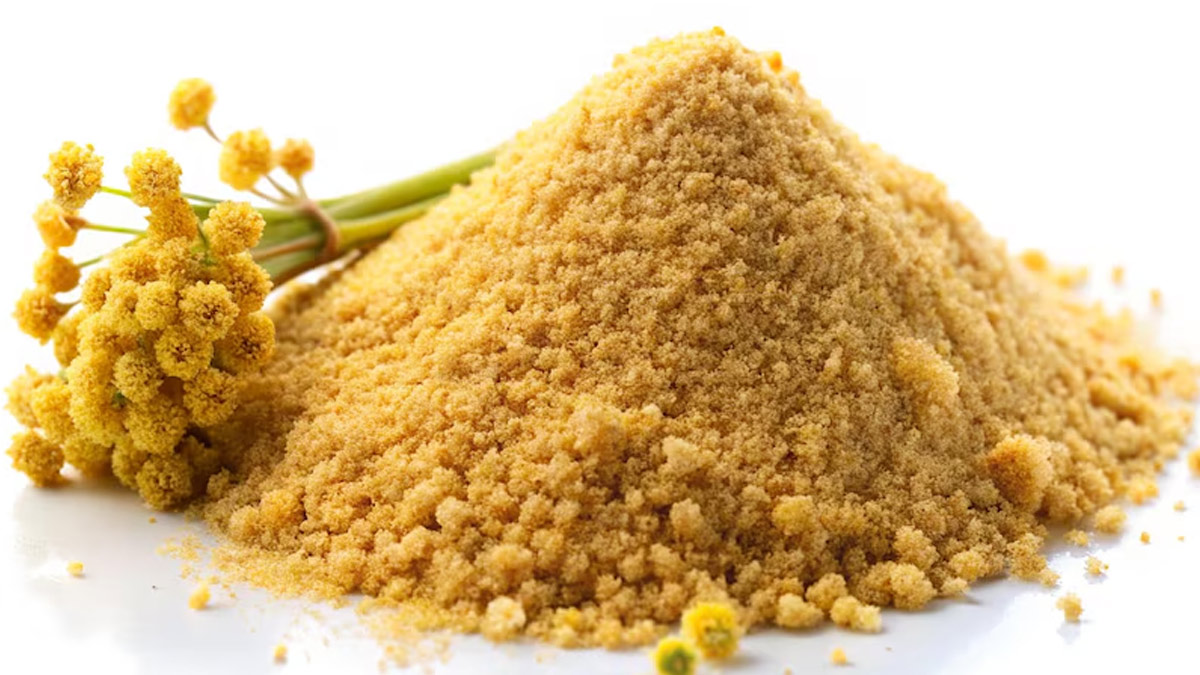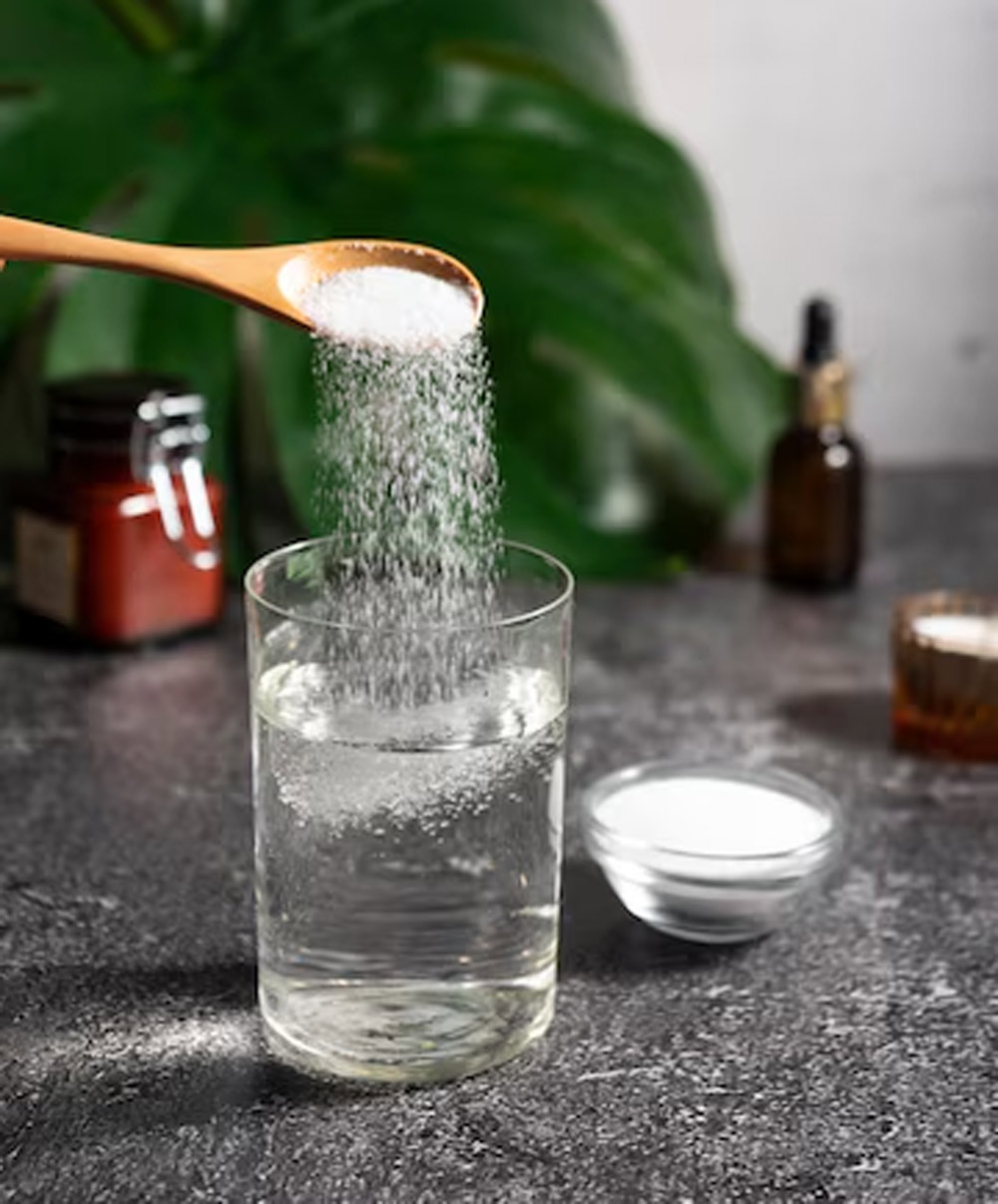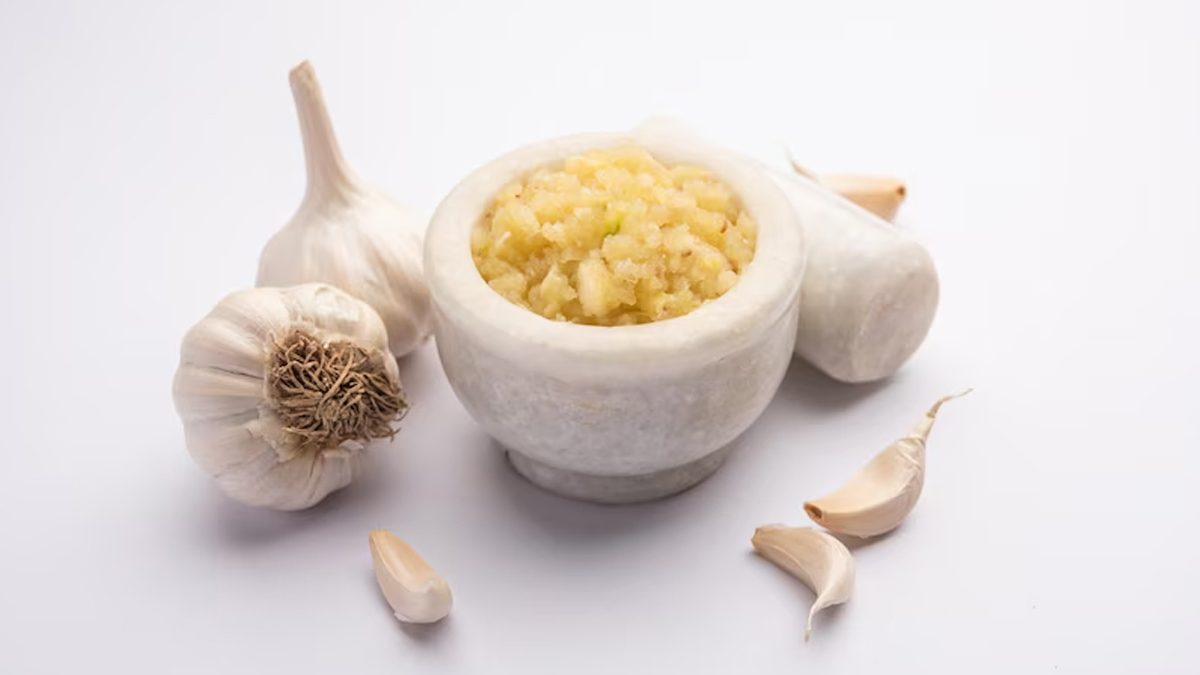
A sudden toothache can be distressing, interfering with daily activities and causing immense discomfort. While professional dental care is crucial for long-term relief, home remedies can provide instant comfort before you see a dentist. Natural remedies like asafoetida, clove oil, and saltwater rinses have been traditionally used for their pain-relieving and antimicrobial properties. This article explores scientifically-backed home remedies for toothache relief, along with relevant studies supporting their efficacy.
Table of Content:-
1. Clove Oil: A Natural Analgesic

Clove oil is one of the most popular and effective remedies for toothache due to its powerful analgesic and antibacterial properties. The active compound, eugenol, has been widely studied for its pain-relieving effects.
A 2021 study published in the Journal of Dentistry found that eugenol exhibited significant analgesic effects comparable to benzocaine, a common over-the-counter anaesthetic. Participants who applied clove oil to the affected area experienced reduced pain within minutes.
How to Use:
- Dip a cotton ball in clove oil and place it directly on the painful tooth.
- Alternatively, mix a few drops of clove oil with a carrier oil (such as coconut oil) and massage the affected area.
2. Asafoetida: An Ayurvedic Pain Reliever

Asafoetida, commonly used in Indian cuisine, has powerful anti-inflammatory and analgesic properties that can help ease toothache. It contains compounds like ferulic acid and sulfur-rich volatile oils that act as natural painkillers.
A study published in the Asian Journal of Pharmaceutical and Clinical Research (2020) found that asafoetida had significant antimicrobial activity against oral pathogens, making it an effective remedy for infections that cause tooth pain.
How to Use:
- Mix a pinch of asafoetida with lemon juice or warm water to form a paste.
- Apply this paste to the affected area using a cotton swab for quick relief.
3. Saltwater Rinse: A Simple Yet Effective Remedy

A saltwater rinse is one of the easiest and most accessible ways to relieve tooth pain. Saltwater helps reduce inflammation, kill bacteria, and loosen debris stuck between teeth.
According to a 2019 study in Clinical Oral Investigations, saltwater rinses were found to be effective in reducing dental plaque and gingivitis, both of which contribute to toothache.
How to Use:
- Dissolve one teaspoon of salt in a glass of warm water.
- Swish the solution around your mouth for 30 seconds before spitting it out.
4. Garlic: A Natural Antibacterial Agent

Garlic has been used for centuries as a natural remedy for tooth pain due to its strong antibacterial and anti-inflammatory properties. Allicin, the active compound in garlic, fights infection and reduces pain.
A study published in the Journal of Medicinal Food (2021) highlighted garlic’s potent antimicrobial properties, suggesting that it can help control oral bacteria and prevent dental infections.
How to Use:
- Crush a garlic clove to release its juices and mix it with a little salt.
- Apply the mixture directly to the affected tooth.
5. Peppermint Tea Bags: A Cooling Relief

Peppermint tea bags contain menthol, which has a numbing effect and provides instant relief from toothache. Its antimicrobial properties also help prevent bacterial infections.
How to Use:
- Chill a used peppermint tea bag in the refrigerator for a few minutes.
- Place the cold tea bag on the affected area for soothing relief.
When to Seek Professional Help
While these remedies can provide temporary relief, persistent or severe tooth pain may indicate an underlying dental issue, such as an infection or cavity. If pain persists for more than two days, or if there is swelling, fever, or difficulty swallowing, consult a dentist immediately.
Conclusion
Natural remedies like clove oil, asafoetida, and saltwater rinses can offer quick relief from toothache. Backed by scientific studies, these remedies provide a safe and effective way to manage dental discomfort. However, they should not replace professional dental care. A healthy oral hygiene routine and regular dental check-ups remain the best defence against tooth-related problems.
A sudden toothache can be distressing, interfering with daily activities and causing immense discomfort. While professional dental care is crucial for long-term relief, home remedies can provide instant comfort before you see a dentist. Natural remedies like asafoetida, clove oil, and saltwater rinses have been traditionally used for their pain-relieving and antimicrobial properties. This article explores scientifically-backed home remedies for toothache relief, along with relevant studies supporting their efficacy.
1. Clove Oil: A Natural Analgesic
Clove oil is one of the most popular and effective remedies for toothache due to its powerful analgesic and antibacterial properties. The active compound, eugenol, has been widely studied for its pain-relieving effects.
A 2021 study published in the Journal of Dentistry found that eugenol exhibited significant analgesic effects comparable to benzocaine, a common over-the-counter anaesthetic. Participants who applied clove oil to the affected area experienced reduced pain within minutes.
How to Use:
Dip a cotton ball in clove oil and place it directly on the painful tooth.
Alternatively, mix a few drops of clove oil with a carrier oil (such as coconut oil) and massage the affected area.
2. Asafoetida: An Ayurvedic Pain Reliever
Asafoetida, commonly used in Indian cuisine, has powerful anti-inflammatory and analgesic properties that can help ease toothache. It contains compounds like ferulic acid and sulfur-rich volatile oils that act as natural painkillers.
A study published in the Asian Journal of Pharmaceutical and Clinical Research (2020) found that asafoetida had significant antimicrobial activity against oral pathogens, making it an effective remedy for infections that cause tooth pain.
How to Use:
Mix a pinch of asafoetida with lemon juice or warm water to form a paste.
Apply this paste to the affected area using a cotton swab for quick relief.
3. Saltwater Rinse: A Simple Yet Effective Remedy
A saltwater rinse is one of the easiest and most accessible ways to relieve tooth pain. Saltwater helps reduce inflammation, kill bacteria, and loosen debris stuck between teeth.
According to a 2019 study in Clinical Oral Investigations, saltwater rinses were found to be effective in reducing dental plaque and gingivitis, both of which contribute to toothache.
How to Use:
Dissolve one teaspoon of salt in a glass of warm water.
Swish the solution around your mouth for 30 seconds before spitting it out.
4. Garlic: A Natural Antibacterial Agent
Garlic has been used for centuries as a natural remedy for tooth pain due to its strong antibacterial and anti-inflammatory properties. Allicin, the active compound in garlic, fights infection and reduces pain.
A study published in the Journal of Medicinal Food (2021) highlighted garlic’s potent antimicrobial properties, suggesting that it can help control oral bacteria and prevent dental infections.
How to Use:
Crush a garlic clove to release its juices and mix it with a little salt.
Apply the mixture directly to the affected tooth.
5. Peppermint Tea Bags: A Cooling Relief
Peppermint tea bags contain menthol, which has a numbing effect and provides instant relief from toothache. Its antimicrobial properties also help prevent bacterial infections.
How to Use:
Chill a used peppermint tea bag in the refrigerator for a few minutes.
Place the cold tea bag on the affected area for soothing relief.
When to Seek Professional Help
While these remedies can provide temporary relief, persistent or severe tooth pain may indicate an underlying dental issue, such as an infection or cavity. If pain persists for more than two days, or if there is swelling, fever, or difficulty swallowing, consult a dentist immediately.
Final Thoughts
Natural remedies like clove oil, asafoetida, and saltwater rinses can offer quick relief from toothache. Backed by scientific studies, these remedies provide a safe and effective way to manage dental discomfort. However, they should not replace professional dental care. A healthy oral hygiene routine and regular dental check-ups remain the best defence against tooth-related problems.
Also watch this video
How we keep this article up to date:
We work with experts and keep a close eye on the latest in health and wellness. Whenever there is a new research or helpful information, we update our articles with accurate and useful advice.
Current Version
